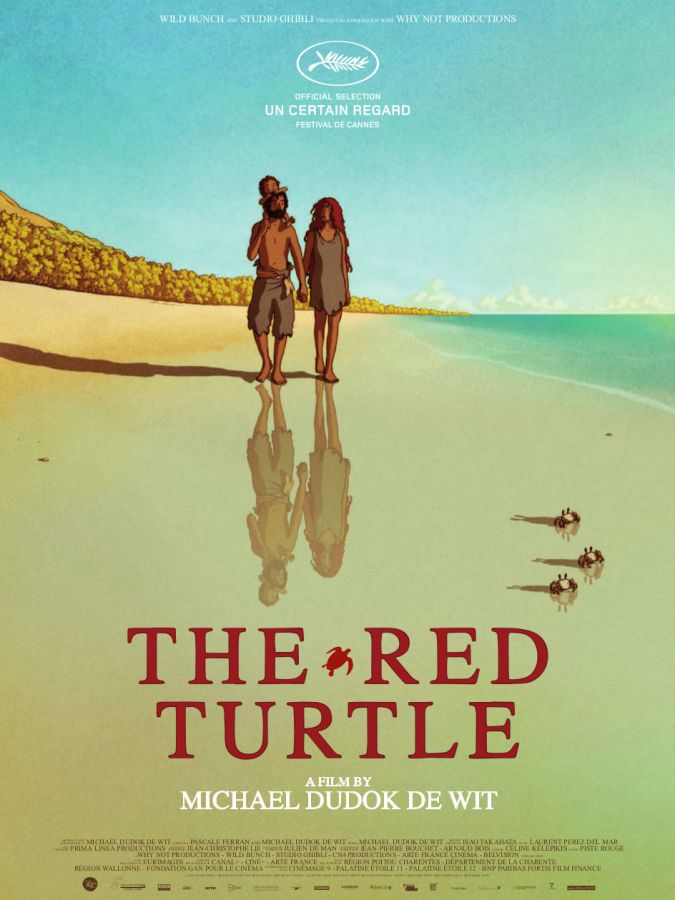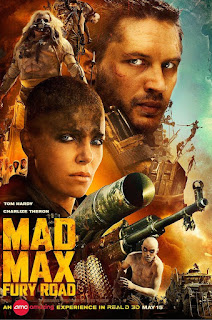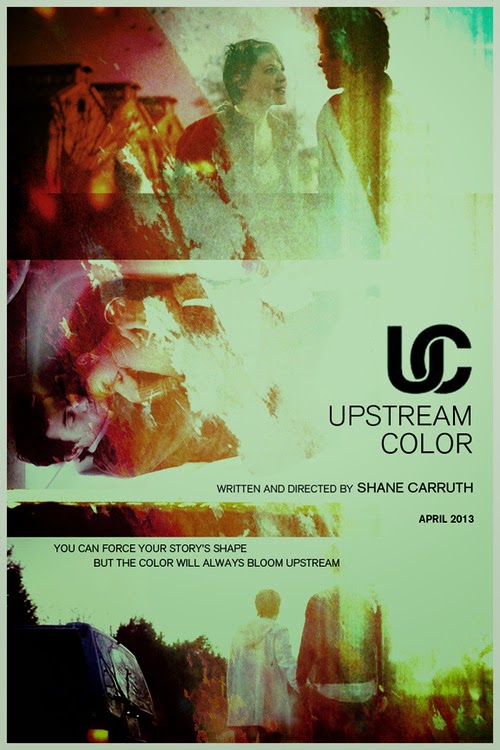
10. Swiss Army Man
An uplifting tale of a suicidal man and the farting corpse that saved his life. This first cinematic blast of absurdity from the Daniels team is literally unlike anything you've ever seen. Completely polarizing and uncompromisingly original, it's also lucky enough to have a career-best perf from Daniel Radcliffe. He really sells those farts.

9. Weiner
An equal parts delicious and horrific look behind the curtain of the dumpster fire that was ex-congressman Anthony Weiner's 2013 NYC mayoral run. Filmmakers Josh Kriegman (once an aid to Weiner in D.C) and Elyse Steinberg were given spectacular and abnormal access to Weiner's home life and campaign backroom, putting together an essential document of political failure. We live in an era where ego, spin and lies are facts on the ground before the truth can get out of bed.

8. I Am Not Your Negro
Raoul Peck's essay on the state of racism in America as told through the words of the great James Baldwin is an urgent call to arms; the most pressing documentary of the year. Using an unfinished manuscript of Baldwin's for narration (through the powerful voice of Samuel L. Jackson) and unearthed archival footage of the author speaking to issues still deeply felt and experienced by many Americans, Peck fashions a cinematic argument that is as infuriating as it is inspiring.
7. The Witch
Though it divided mainstream audiences and horror heads alike, Robert Eggers' first feature creeped the hell out of me. A decidedly slow burning, but incredibly detailed and unnervingly tragic tale of a family's haunting in rural 17th Century New England, Eggers lays the dread on thick, leading up to a shockingly violent conclusion, after which you may never look at goats in the same way ever again.
6. Arrival
Quebecker Denis Villeneuve's streak of world-class genre exercises continues with Arrival, a refreshingly intelligent, surprisingly emotional and lovingly crafted sci-fi suspense odyssey. Amy Adams is in top form here as Dr. Louise Banks, a linguist tapped by the Pentagon to engage with extra-terrestrial beings who've mysteriously touched down on Earth. Grounded in real world geopolitical intrigue and unafraid to plumb the depths of the mind and the heart, Villeneuve again delivers a technical marvel that proves he's got the steadiest cinematic hand in Hollywood. Bring on Blade Runner 2049!

5. Green Room
But as far as genre exercises go, Jeremy Saulnier's gory neo-nazi punk rock thriller is as expertly calibrated as they come. By carefully ratcheting up the tension and letting the absolute shit hit the fan when you're not expecting it, Saulnier proves that he is the real deal, creating a stomach-churning but wholly satisfying escape-from-hell flick that should stand the test of time. Also has the last memorable leading turn from Anton Yelchin, one of 2016's most dearly departed casualties.
4. 13th
Ava DuVernay’s fiercely argued teardown of the racial prejudices in the American criminal justice system and the cyclical forces of establishment politics that threaten to repeat past injustices, is the best documentary of the year. With budgetary and editorial carte blanche (thanks to financier Netflix) and interviews from heavyweights on both sides of the ideological aisle, DuVernay constructs an incredibly engaging narrative of how the legal system has ravaged the bodies and minds of African-Americans since reconstruction.

3. The Red Turtle
Belgian director Michael Dudok De Wit, working with legendary Japanese animators at Studio Ghibli, create a wordless fable for the ages with The Red Turtle, a stunningly gorgeous and deeply felt experience that will leave you emotionally raw. A man washes up on a deserted island and forges a life-long relationship with the titular red turtle - that’s all you need to know. So truthful in its exploration of the human heart and real about the connections that sustain it that, for the first time in ages, I cried in a movie theatre.
2. The Lobster
Love and relationships are incredibly weird and, at times, push us to bouts of illogical, unexplainable behavior. Well, if that doesn’t make sense to you, then maybe you need to take on Greek filmmaker Yorgos Lanthimos’ latest descent into deranged banality, The Lobster. In a world where the failure to court a partner results in the forced transformation into an animal of one’s choice, Colin Farrell (sporting one of film’s best moustaches) and Rachel Weisz must navigate a choppy, evil society that reflects on the worst of ours. Delightfully twisted but meticulously composed, this is a truly great anti-romantic anti-comedy
1. Moonlight
Barry Jenkins’ second film, despite all the accolades and laurels that the critical community has heaped on it, is still an absolute treasure; a beautiful philosophical journey and reflection on class, race, sex and identity. Hidden behind the three tumultuous periods in Chiron’s life growing up black and gay in modern Miami - as played by three unknown, but enormously generous actors - is a masterclass in colour and composition, editorial patience and sumptuous sound design. At my screening of the film during TIFF 2016, a man stood up during the Q&A to tell Jenkins “we wouldn’t have sat down from that standing ovation if you didn’t tell us to.” That man was Jonathan Demme. Another couple notes on Moonlight: here’s hoping Mahershala Ali wins for this one; he’s got a towering and tough role, executed brilliantly. Also, any film that’s got The Supreme Jubilees on the soundtrack just...wins.





































